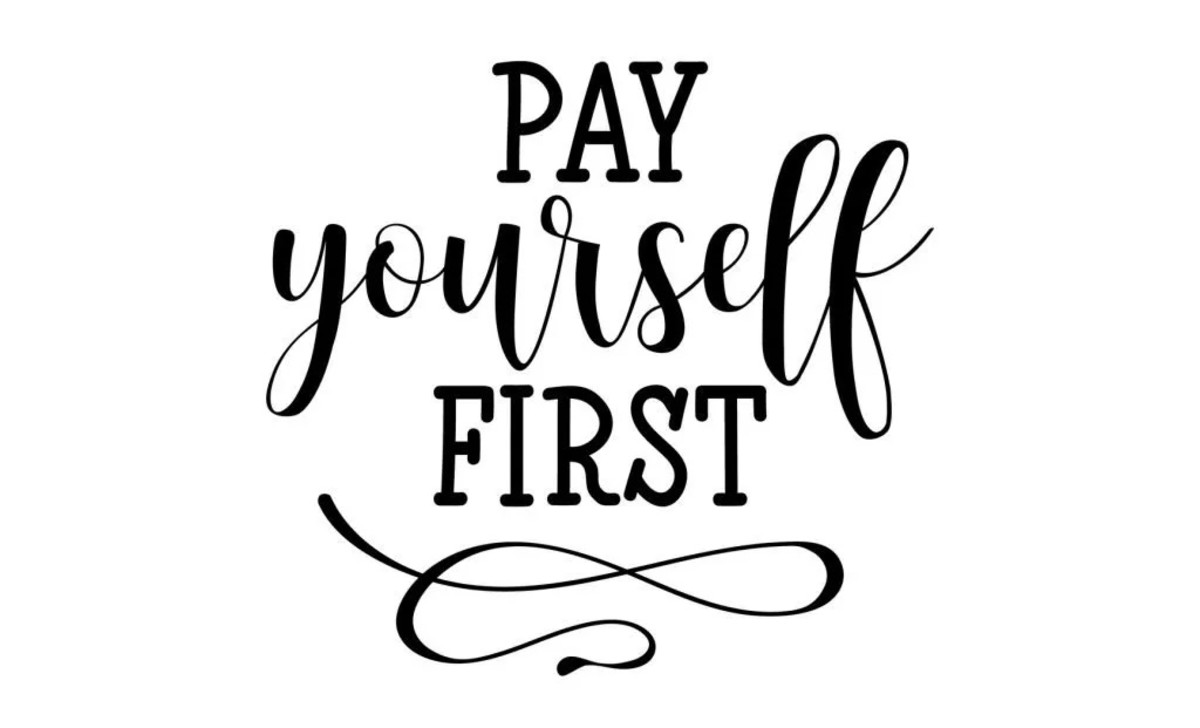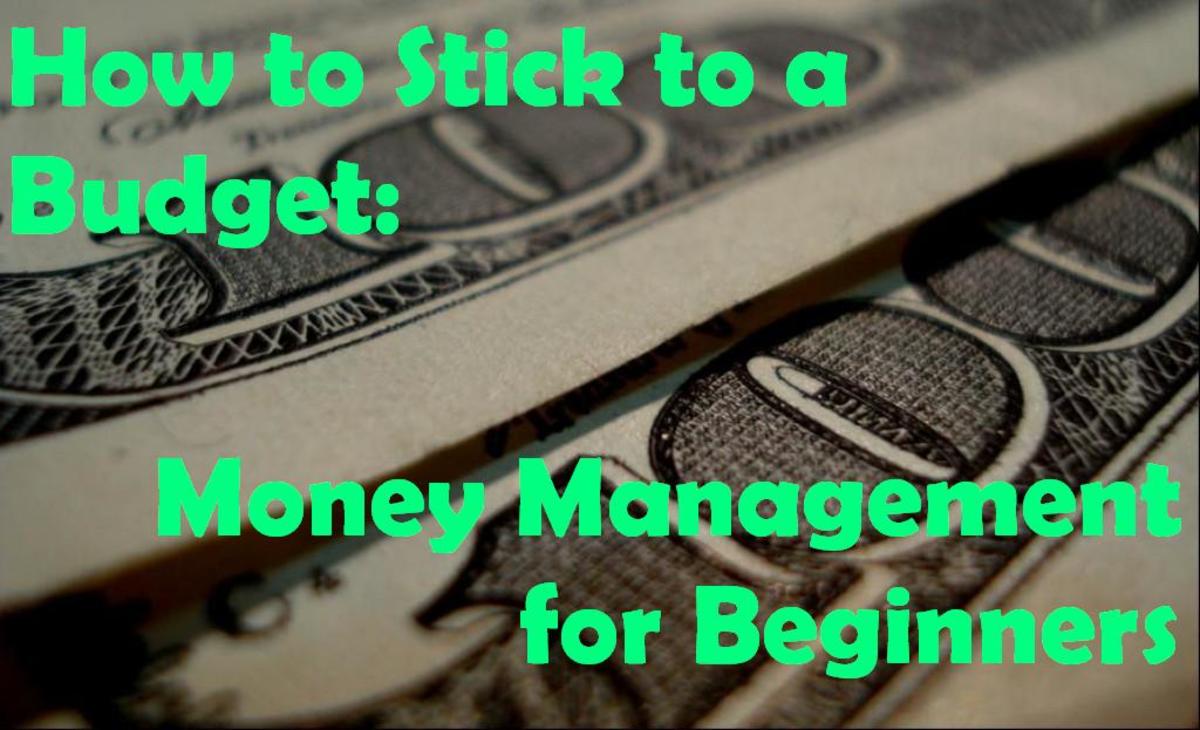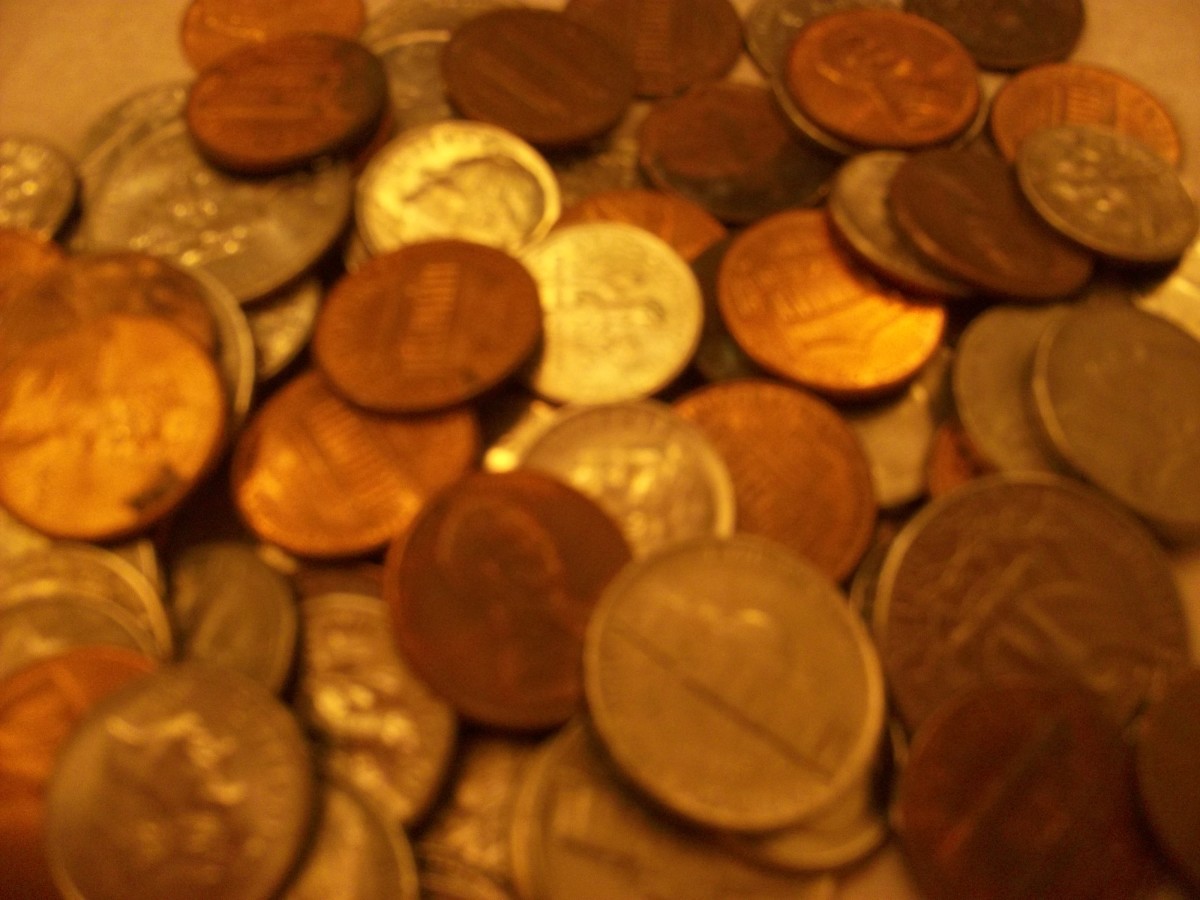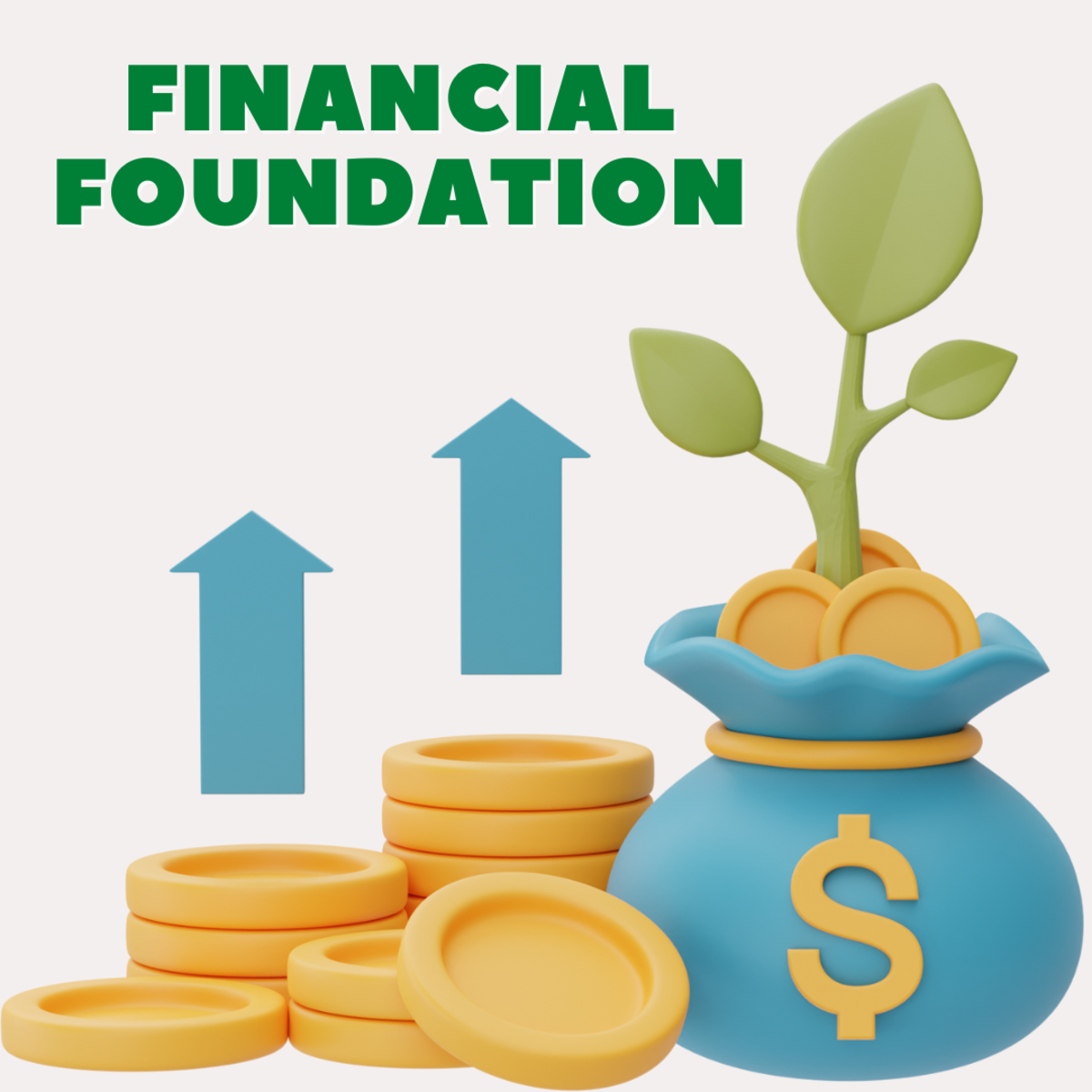Save Money: Pay Yourself First
Pay Yourself First
Saving money can be simple if you have a plan and if you use that plan.
Before you create the plan you will need an accurate budget which tells you what your income is and what expenses you have. The surplus, if any exists can be saved.
The budget must reflect all you spend money on, food, coffee, travel, lunch, groceries and so on.
Once you have that worked out and on paper you can review it and see what changes can be made. These changes can enlarge or create that surplus.
Now, if you truly want to save, you will need to add one payee to your budget’s fixed expenses. You have the house payment or rent, credit cards, insurance and whatever other bills you must pay each month.
The one payment that is not on many peoples’ lists is themselves. That is right put you on your must pay list.
In fact, I say what you need to do is develop the pay yourself first mentality. Each and every time you get paid or otherwise come into some money pay yourself a percentage first, before you make any other payments.
The best way to make this happen is when you draw up your budget. Do not consider yourself a budget item; you are more than that.
The household budget is produced after you have deducted your pay.
Now how can you do this?
Well, let us go back to income and expenses.
If you get paid every two weeks, write down how much you bring home or how much is direct deposited into your account. This gives you your working figure. If there is more than one income in the home do the same for each one. Then add them up.
This gives you the total amount of money you earn. Now deduct 5 to 10 per cent from that total as your pay.
That is the amount of money you have for expenses. Use this figure to generate your household budget. If you have a surplus, then you can use that surplus to pay down your debt.
If you break even well you are still saving.
If your expenses exceed your income; then you will not be able to pay yourself the five or ten percent until they match. Try a lower percentage. The idea is to get into a frame of mind where you pay attention to your money because you are benefiting from that attention.
Review your budget; are there any areas where you can reduce your expenses? : Any unnecessary expenses, any hidden costs?
Once you have the budget set and the amount of money that you can pay yourself each time you get paid, no matter how small it is, and then you have set out on the road to savings and getting your money to work for you rather than using it to simply exist.
In time as you pay down debt and find new ways to reduce expense your pay will grow and yoru savings will as well.









